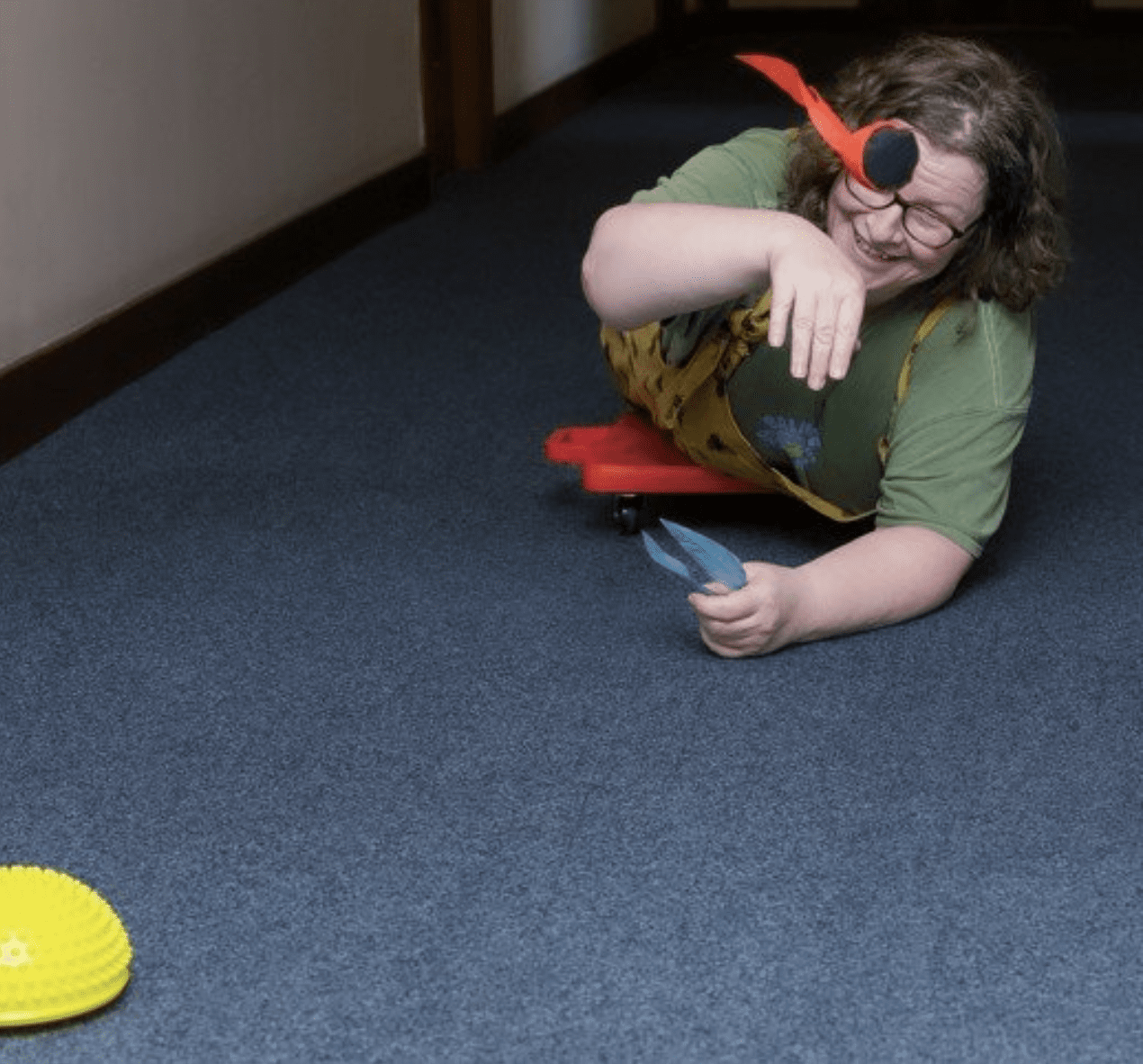Primitive Reflex Assessments
At Activate OT, we assess primitive reflexes as part of our comprehensive occupational therapy evaluations, helping to understand how early movement patterns may be influencing a young person’s motor skills, coordination, and daily function.
Primitive reflexes are automatic movements present from birth that typically integrate (or fade) as the nervous system matures. If these reflexes persist beyond early childhood, they can impact posture, coordination, sensory processing, emotional regulation, and learning.
Why Do We Assess Primitive Reflexes?
Persistent retained reflexes can contribute to challenges such as:
Poor balance and coordination
Difficulties with fine and gross motor skills (e.g., handwriting, dressing, sports)
Sensory sensitivities or difficulties with sensory regulation
Challenges with attention, focus, and impulse control
Postural instability or fatigue in seated tasks
Difficulty crossing the midline, affecting reading and writing
By identifying retained reflexes, we can better understand underlying motor and sensory processing challenges that may be impacting a child's daily life.
How We Integrate Reflex Assessments into Our Comprehensive Approach
Our reflex assessments are not standalone but form part of a broader evaluation that considers sensory processing, motor coordination, and functional skills. We use assessments such as:
Motor ABC-3 – To evaluate motor coordination and postural control.
Beery VMI – To assess visual-motor integration and fine motor skills.
Sensory Integration Assessments (EASI, Play-Based Assessments) – To explore sensory and movement challenges in real-world contexts.
If retained reflexes are identified, we incorporate targeted movement-based interventions into therapy plans to support neurological development and functional skills. This may include specific exercises, sensory integration activities, and play-based strategies to help the nervous system integrate these reflexes naturally.
By addressing retained reflexes as part of a holistic assessment, we ensure that our therapy approach is tailored, evidence-based, and designed to support children in developing confidence, coordination, and independence in their everyday lives.


